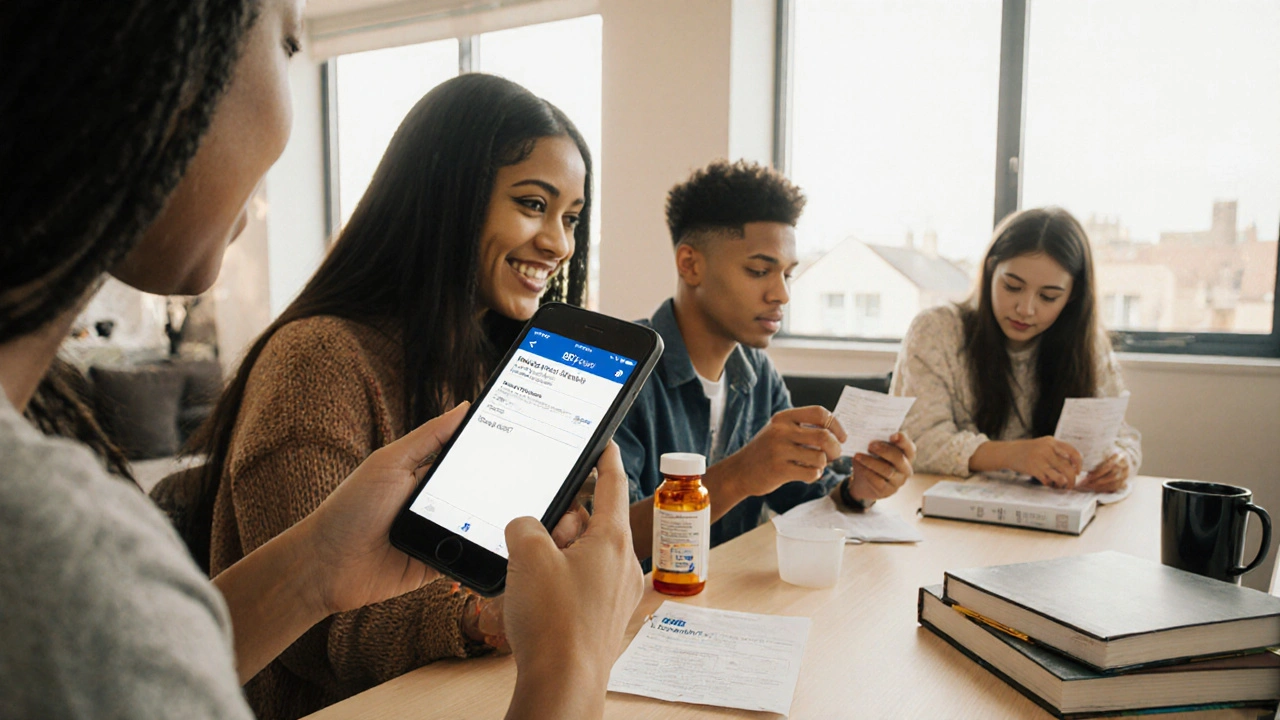NHS Prescription: What UK Students Need to Know About Charges and Exemptions
When you need medicine in the UK, the NHS prescription, a formal request for medication issued by a doctor or nurse and filled at a pharmacy under the National Health Service. Also known as NHS medication voucher, it’s one of the most used healthcare services—but not everyone pays for it. For many students, especially those on low income or with certain conditions, prescriptions are free. But if you don’t know the rules, you could be paying £9.65 per item when you don’t have to.
The NHS prescription charge, the standard fee set by the UK government for each item dispensed under the NHS applies in England only. Scotland, Wales, and Northern Ireland offer free prescriptions to everyone. In England, students under 18, those aged 18–19 in full-time education, and people receiving certain benefits like Universal Credit or Income Support are exempt. If you’re studying full-time and under 19, you can apply for an NHS Prescription Prepayment Certificate, a flat-rate payment plan that covers all your prescriptions for 3 or 12 months—it’s cheaper than paying per item if you need more than two medicines a year. Many students don’t realize they qualify for this, and end up overpaying.
It’s not just about the cost. Knowing where to get help matters too. If you’re registered with a GP, you can get advice on alternatives to prescription drugs, like over-the-counter options that don’t count toward your prescription limit. Some student health centers even offer free condoms, emergency contraception, and basic treatments without needing a prescription. And if you’re an international student, your visa status might affect your access—some are eligible for free care under the Immigration Health Surcharge, while others pay the full NHS prescription fee unless they meet exemption criteria.
There are common mistakes too. Students often think they need a prescription for every medicine—even when an OTC version exists. Others assume their student ID is enough to get free prescriptions, but it’s not. You need proof of eligibility: a valid HC2 certificate, a valid prescription prepayment certificate, or confirmation from your university that you’re in full-time education. And if you’re sharing medication with a friend? That’s illegal—and risky.
Below, you’ll find real guides from other students who’ve navigated these systems. Some explain how they saved hundreds by switching to a prepayment certificate. Others show how to find free sexual health services or dental care that doesn’t require a prescription. You’ll also see how to avoid being charged twice, what to do if your prescription is denied, and how to appeal if you believe you were wrongly billed. These aren’t theoretical tips—they’re what students actually did to fix their bills and stay healthy without breaking the bank.
Published on Nov 17
0 Comments
UK students can easily manage repeat prescriptions by registering with a GP and using online services. Learn how to order medicines without appointments, save money, and avoid running out.
